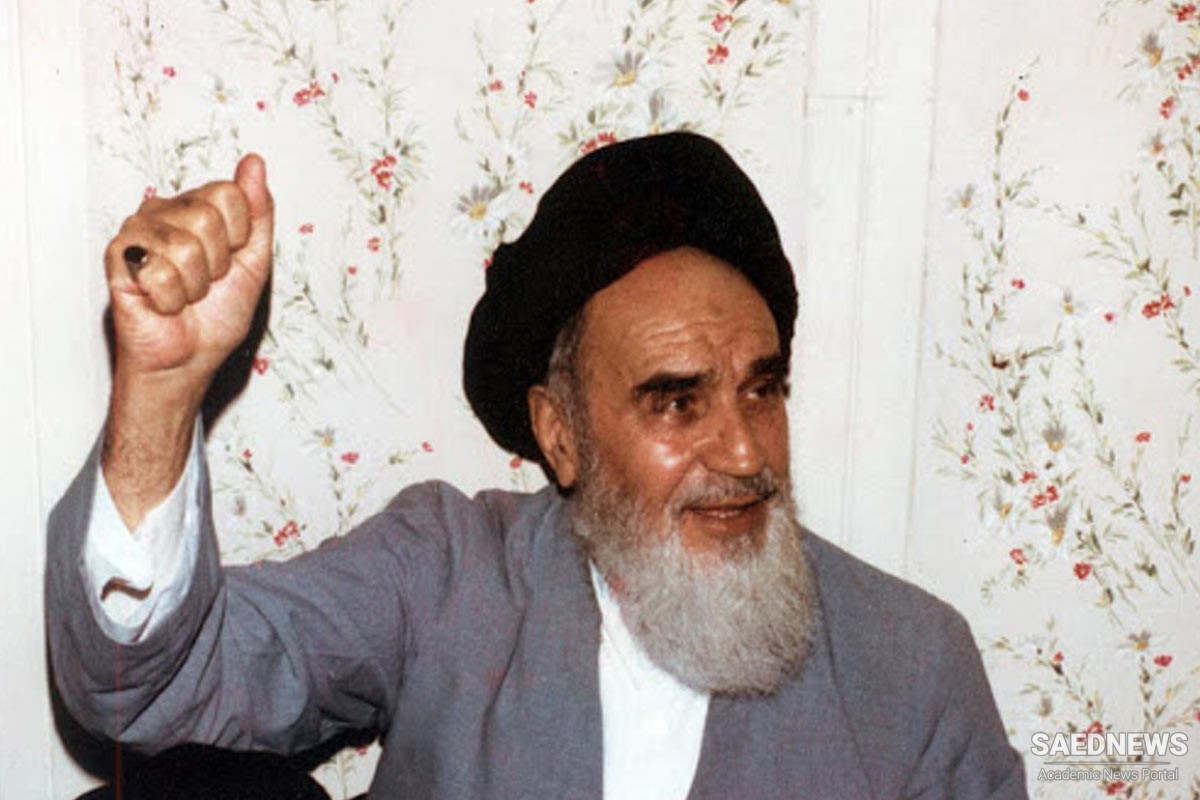A body of laws alone is not sufficient for a society to be reformed. In order for law to ensure the reform and happiness of man, there must be an executive power and an executor. For this reason, God Almighty, in addition to revealing a body of law (i.e., the ordinances of the sharī‘ah), has laid down a particular form of government together with executive and administrative institution.
The Most Noble Messenger (s) headed the executive and administrative institutions of Muslim society. In addition to conveying the revelation and expounding and interpreting the articles of faith and the ordinances and institutions of Islam, he undertook the implementation of law and the establishment of the ordinances of Islam, thereby, bringing into being the Islamic state. He did not content himself with the promulgation of law; rather, he implemented it at the same time, cutting off hands and administering lashings, and stonings. After the Most Noble Messenger (s), his successor had the same duty and function. When the Prophet (s) appointed a successor, it was not only for the purpose of expounding articles of faith and law; it was for the implementation of law and the execution of God’s ordinances. It was this function the execution of law and the establishment of Islamic institutions that made the appointment of a successor such an important matter that the Prophet (s) would have failed to fulfill his mission if he had neglected it. For after the Prophet (s), the Muslims still needed someone to execute laws and establish the institution of Islam in society, so that they might attain happiness in this world and the hereafter.
By their nature, in fact, laws and social institutions require the existence of an executor. It has always and everywhere been the case that legislation alone has little benefit: legislation by itself cannot assure the well-being of man. After the establishment of legislation, an executive power must come into being, a power that implements the laws and the verdicts given by the courts, thus allowing people to benefit from the laws and the just sentences the courts deliver. Islam has therefore established an executive power in the same way that it has brought laws into being. The person who holds this executive power is known as the walī-yi amr.
The Sunnah2 and path of the Prophet (s) constitute a proof of the necessity for establishing government. First, he himself established a government, as history testifies. He engaged in the implementation of laws, the establishment of the ordinances of Islam, and the administration of society. He sent out governors to different regions; both sat in judgment himself and also appointed judges; dispatched emissaries to foreign states, tribal chieftains, and kings; concluded treaties and pacts; and took command in battle. In short, he fulfilled all the functions of government. Second, he designated a ruler to succeed him, in accordance with divine command. If God Almighty, through the Prophet (s), designated a man who was to rule over Muslim society after him, this is in itself an indication that government remains a necessity after the departure of the Prophet from this world. Again, since the Most Noble Messenger (s) promulgated the divine command through his act of appointing a successor, he also, implicitly stated the necessity for establishing a government.


 Imam Khomeini’s school of thought based on people: President
Imam Khomeini’s school of thought based on people: President














































